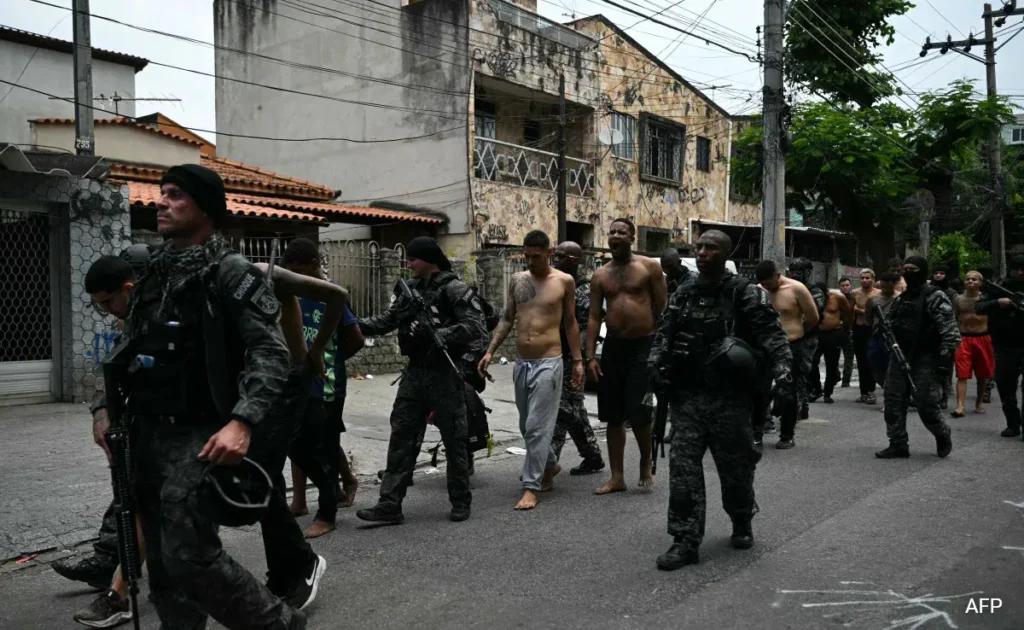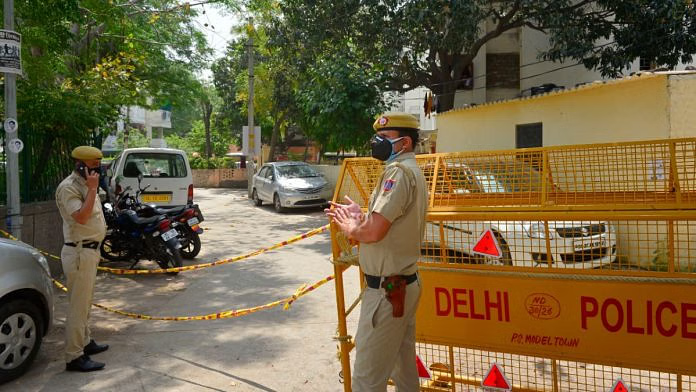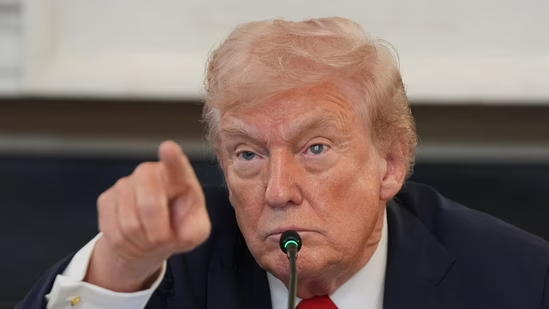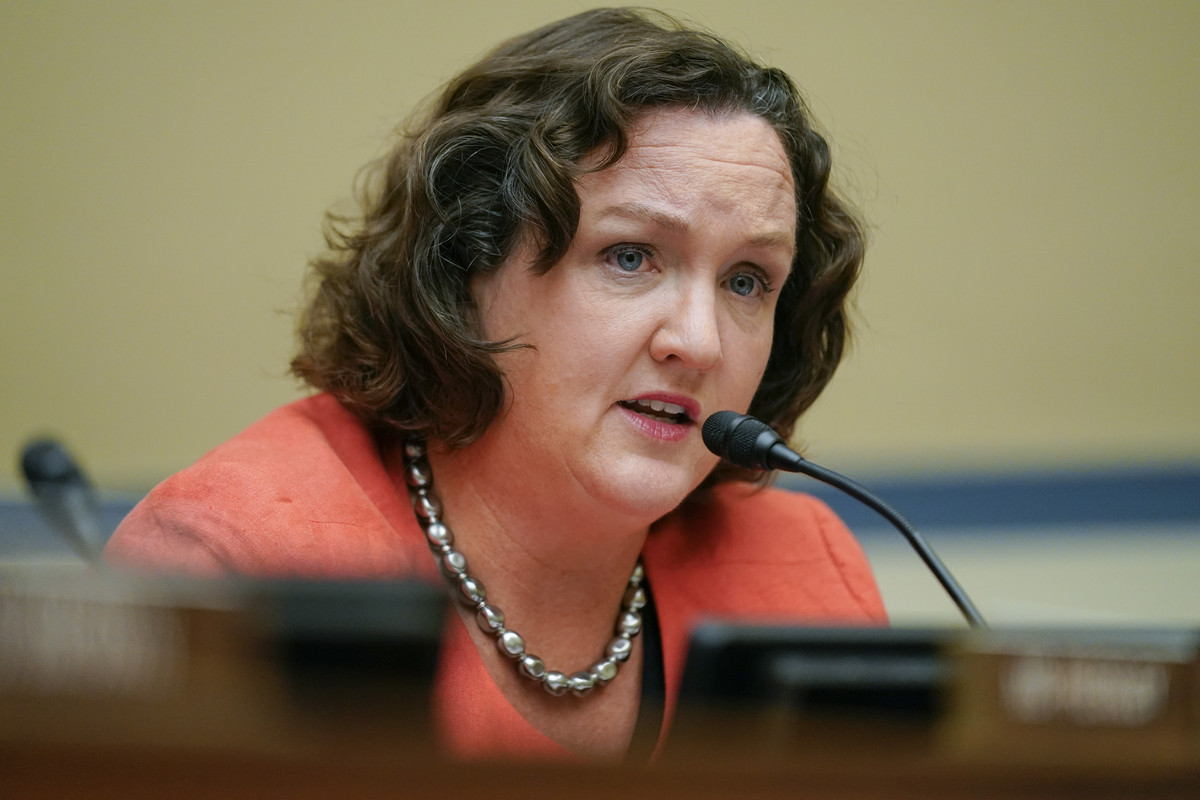Now Reading: AI-Assisted Arson: Uber Driver’s Digital Footprint Leads to Arrest in Deadly LA Wildfire
-
01
AI-Assisted Arson: Uber Driver’s Digital Footprint Leads to Arrest in Deadly LA Wildfire
AI-Assisted Arson: Uber Driver’s Digital Footprint Leads to Arrest in Deadly LA Wildfire
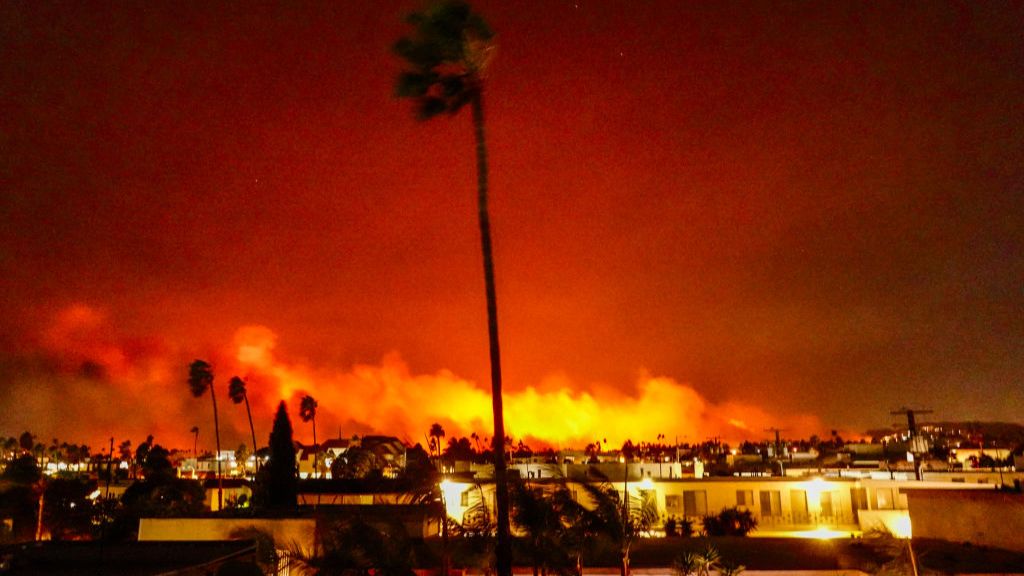
In a chilling intersection of technology and crime, Jonathan Rinderknecht, a 29-year-old former Uber driver from Florida, has been arrested for allegedly starting the Palisades Fire in Los Angeles. The blaze, which began on January 1, 2025, resulted in 12 fatalities and the destruction of over 6,800 structures. Authorities cited Rinderknecht’s digital activities, including interactions with AI tools like ChatGPT, as pivotal evidence in the case.
The Spark of the Blaze
Rinderknecht is accused of igniting a fire near a hiking trail in the Pacific Palisades area using an open flame, likely a lighter. Although initially suppressed, the fire smoldered underground and reignited on January 7, exacerbated by strong winds, leading to the catastrophic Palisades Fire. Investigators noted that Rinderknecht had previously dropped off an Uber passenger in the vicinity and appeared agitated during the incident.
Digital Footprints and AI Involvement
Federal prosecutors highlighted Rinderknecht’s use of ChatGPT both before and after the fire. He reportedly generated an image of a burning city and made inquiries about fire-related guilt, raising suspicions of premeditation. Additionally, he engaged with a French rap video featuring fiery imagery, which he had watched repeatedly in the days leading up to the incident. These digital traces were instrumental in linking him to the crime.
Legal Proceedings and Implications
Following his arrest in Florida, Rinderknecht was charged with destruction of property by means of fire, a federal offense carrying a minimum five-year sentence upon conviction. He remains in custody pending further hearings. The case underscores the growing role of digital evidence in criminal investigations and raises questions about the ethical use of AI technologies.
Conclusion
The Palisades Fire tragedy serves as a stark reminder of the potential consequences of misusing technology. As AI tools become increasingly integrated into daily life, their role in both facilitating and investigating crimes will continue to evolve, necessitating ongoing discussions about regulation and ethical boundaries.








